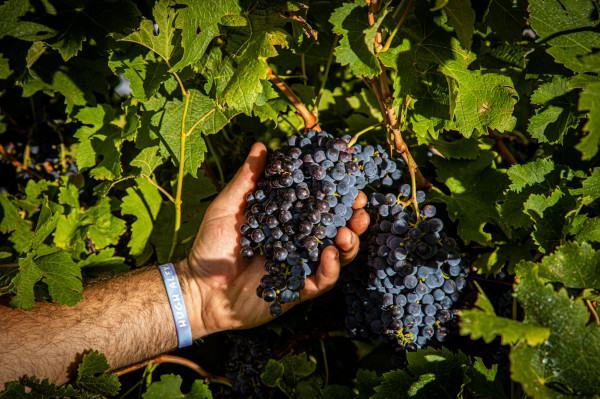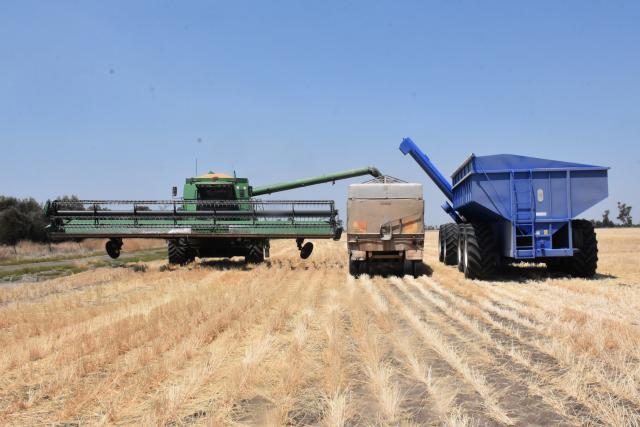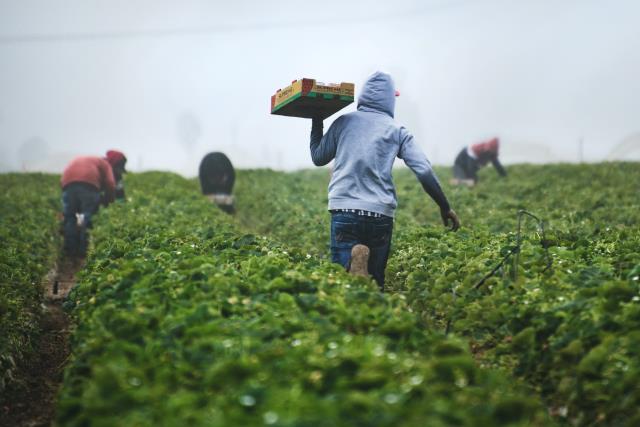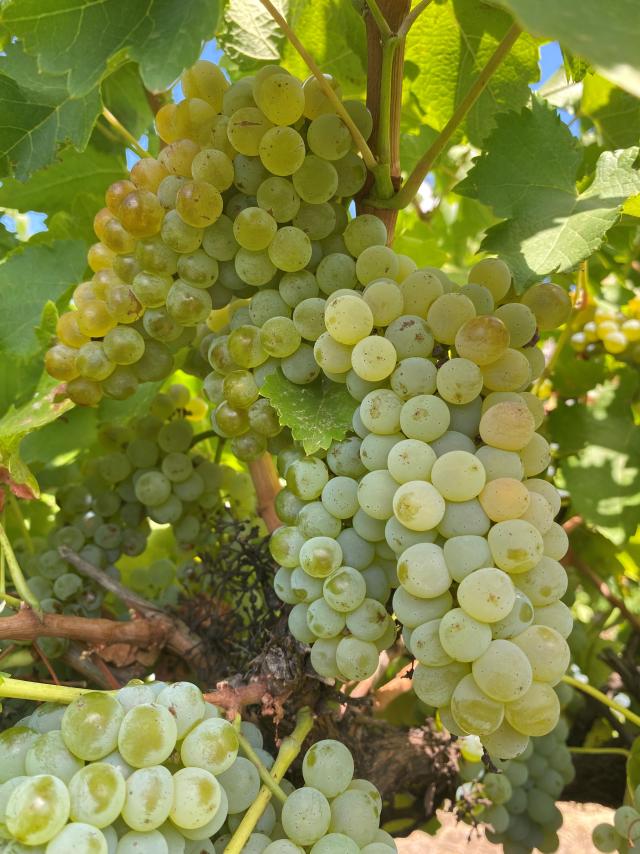MURRAY Valley Winegrowers have welcomed the announcement that wine tariffs imposed by China may soon be lifted.
Ahead of Prime Minister Anthony Albanese’s visit to Beijing this weekend, China has agreed to review its wine import duties in a process expected to take five months.
MVW chief executive Paul Derrico told The Guardian that lifting the tariffs would give local red wine-grape growers some hope in what has been a tough couple of years.
“For uncontracted growers of reds, there is not much hope of selling that crop in vintage 2024, so to go to the effort and the costs of producing a crop and not being able to sell it would be disastrous for them,” Mr Derrico said.
“But medium to longer term, if the tariffs were lifted, that would give growers some hope into the future for red-grape production, because at the moment growers that are able to sell their crop are producing a crop then selling it for less than the cost of production.”
Mr Derrico said the tariffs had had substantial impacts on growers nationwide.
“There has been significant volumes of red grapes that have been dumped in the last couple of years, particularly in 2022, and 2023 if not for major crop losses due to downy mildew,” he said.
“When the tariffs were introduced, the volume of wine that was sold into China equated to about 10 per cent of production, but unfortunately the Australian market has not been able to find alternative new markets or redirect to some of the established markets.”
While the announcement was welcomed, it has also been met with caution by industry leaders, including MVW chair Chris Dent, who pointed to the vast holding in wine tanks, the fact that China now imports only half the volume of wine of five years ago, and the fact that the outcome of the review will not be completed before next year’s Australian vintage.
“I don’t think there will be a winery out there rushing to buy more grapes for vintage 2024 in anticipation of China opening up,” Mr Dent said.
“I implore growers to speak with their regular winery and prospective buyers before committing to incurring further costs in producing a red crop that may not be sold.”
Australian Grape & Wine chief executive Lee McLean and president John Hart met the Chinese Alcoholic Drinks Association in Shanghai last week to discuss common objectives and opportunities for the two industries to collaborate in the future.
“The re-engagement with China at the political, government officials and industry-to-industry levels has enabled the positive dialogue that has led to this decision,” Mr McLean said.
“We have said from the beginning that dialogue between the parties would be critical to resolving this dispute and we have taken a major step towards this.
“Regardless of the outcome, we remain committed to diversifying our market presence and cultivating opportunities in markets across the world.”
Hope for other trade
AUSTRALIAN Agriculture Minister Murray Watt told ABC radio on Monday that work was still ongoing to ensure other Chinese trade embargoes could be dropped as well.
“I would like to think that as each of these different commodities is resolved that we can move on to the next one,” Senator Watt said.
“Representations have been made on matters like lobster, beef and sheep since we were able to get that agreement with China about wine, so I’m optimistic that we can get there and we’ll keep working hard until we do.”
Beijing enacted punitive trade bans on $20 billion worth of Australian products in 2020 during the height of a diplomatic dispute, of which only the tariffs on barley exports have so far been lifted so far.
















